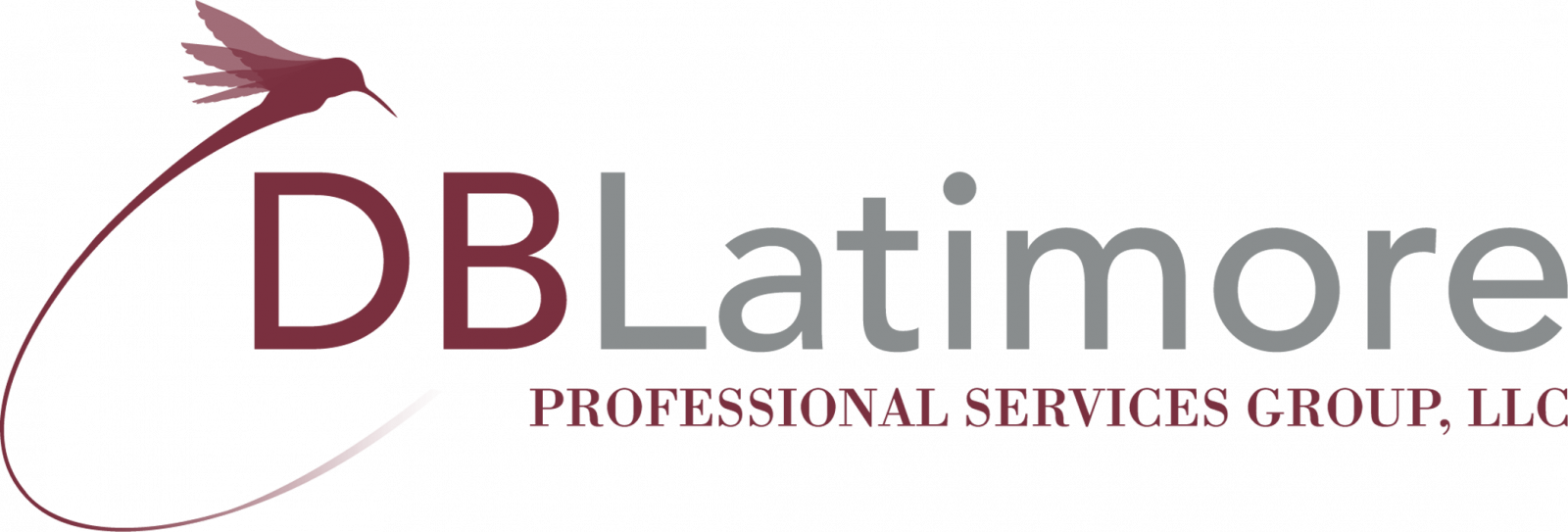“Of all the futile and destructive emotions to which human beings are prey, perhaps the most universal is resentment” Theodore Dalrymple
When we think of barriers to workforce productivity, we can easily identify the common themes: time constraints, lack of communication, conflict between the policy, the process and the practice of how things should be done and low employee engagement.
Recently an employee was passed over for a promotion. He was one of the organizations top performers and felt that the promotion was rightfully his. He had been passed over two other times in the past three years and could not fathom why this was happening again.
He brought his concern and disbelief to one of the senior leaders in the company – who gave a straight forward response.: “Your resentments are holding you back – it manifests itself in your behaviors, which diminishes your potential to advance.”
This statement facilitated the call for coaching services. In this case the productivity barrier was driven by behavior which impacted individual productivity and growth.
Some people can spend hours dwelling on the wrongs done them, the injustices, the slights, the snubs, insults, indifferences, slurs, and just plain bad treatment.
Resent comes from the French word sentir, to feel or experience. To resent something or someone is to feel again the fear, the anger, the hurt, the humiliation, the pain of the original experience — real or imagined. Carried along with us, this feeling gets packed away in a bag labeled grudge or blame. It’s a bag full of judgments where other people are always wrong and at fault, and, after a while, it can make for a pretty heavy load.
It replaces hope with bitterness and opportunities for growth with stagnation. If a person can blame someone else, then they don’t have to take responsibility for themselves.
Of course, we can’t always have control over what happened to us, but we do have control on how we choose to respond to it today, and how we will deal with it.
From one perspective, any time a resentment takes up emotional space, it indicates there’s something at issue that has not been resolved. Maybe the best thing is to slow down and try to see what part of is still trying to get your attention.
In the situation described above, we explored his areas of resentment – it became clear to him that he was very angry at the less qualified persons that were promoted instead of him and the company’s snub at his demonstrated results driven performance, however he did not believe that he came across as anything less than a team player. After receiving 360 feedback it was apparent that this blind spot required a plan of action to shift his behaviors.
Getting rid of old resentments isn’t as easy as simply saying, “Resentment, be gone.” Judgments, the need to be right, not taking responsibility for certain actions or behaviors, a feeling of being special or entitled, vindictiveness or a need for revenge, a simple (or not so simple) misunderstanding, or an inability to forgive — all these might be blocking the ability to release resentments.
What are your career blockers? This month I encourage you to take time to explore behaviors that may be limiting your ability to move forward in your career. Seek feedback from others that may assist you in revealing your blind spots.
At DB Latimore Professional Services Group, we offer a number of services to assist you in your professional journey. Call us today to schedule your 30-minute consultation – 1-703-936-4100.



